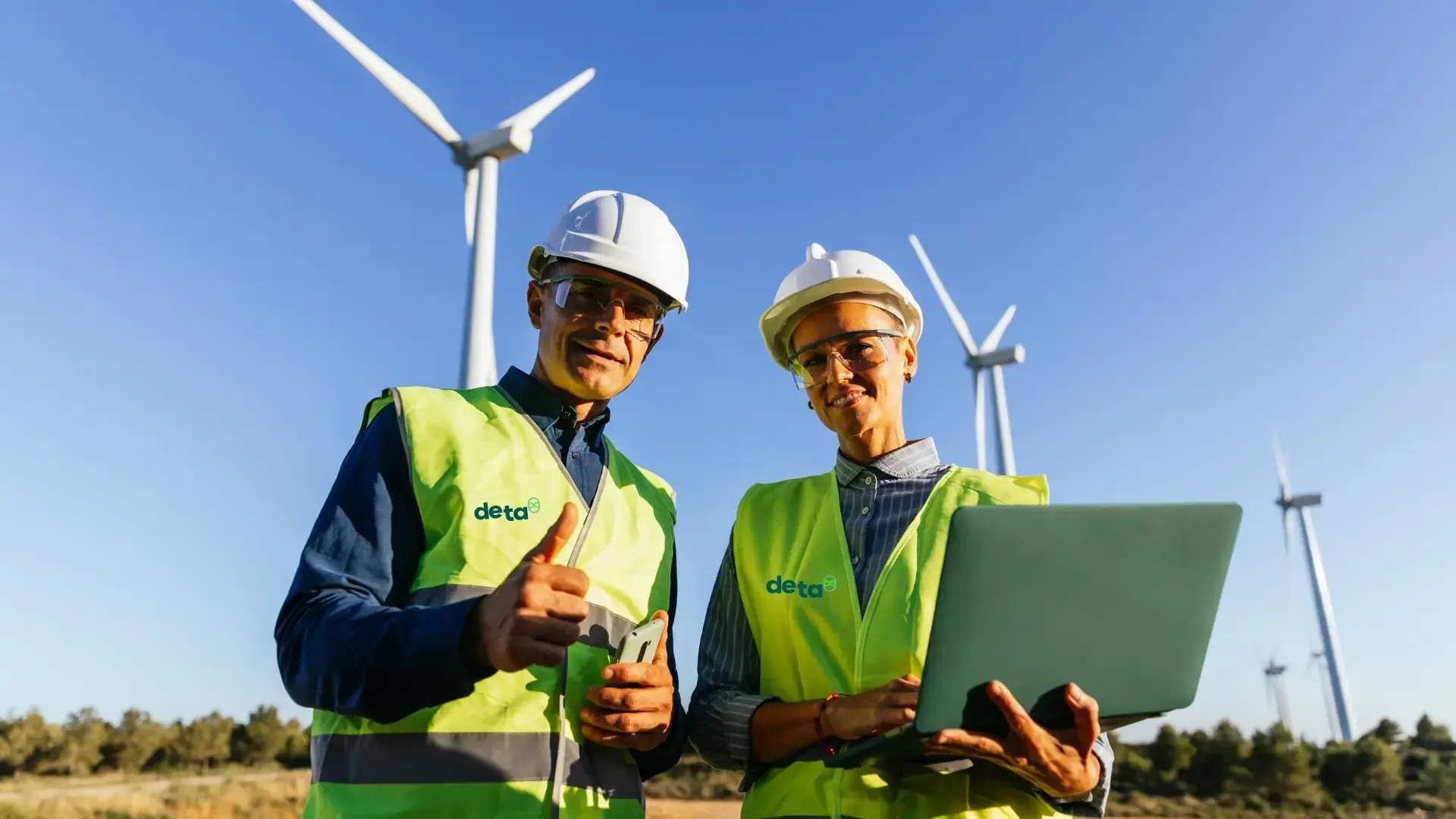Blog Layout
Solar Thermal for Industrial sites??

New Zealand has lots of solar thermal installations. We have more than 100 MWth installed covering area of 160,000 m2 of solar collectors. 90% happens to be Flat Plate Collectors for commercial and residential water heaters, but New Zealand has the potential to supply 60% of its process heat needs below 250°C. New Zealand gets more sun than Germany – an average irradiation of 1400-1500 kWh/m2/yr compared to 1000 kWh/m2/yr – and Germany has a LOT of solar thanks (in part) to government intervention in the early 21st century.
So why not use the sun to provide process heat for larger industrial sites?
Many countries have proven solar thermal application where Investment costs are promising with scalability. On average 100 m2 of solar collectors cost $2000/kWth[1] for small plants. Costs go down with size to $1000/kWth for areas larger than 1000 m2. So, for a typical industrial site with 10MW of boiler capacity, solar replacement would require a nice round $10,000,000 investment, compared with an estimated $4.5M for a coal equivalent. The coal boiler may cost $1m per year to operate, compared with $200k for solar, giving a payback of 7 years. Not too shabby!
The big BUT is that this doesn’t take into account the opportunity lost by the land taken up by the solar collectors. In our examples case, this would be rather large… around about 1.5 hectares by the time you add access, roads, heat storage and other necessary items. Not so economic after all?
By the way – it is done a bit overseas. The main image is of a Swiss Milk Processing facility.





